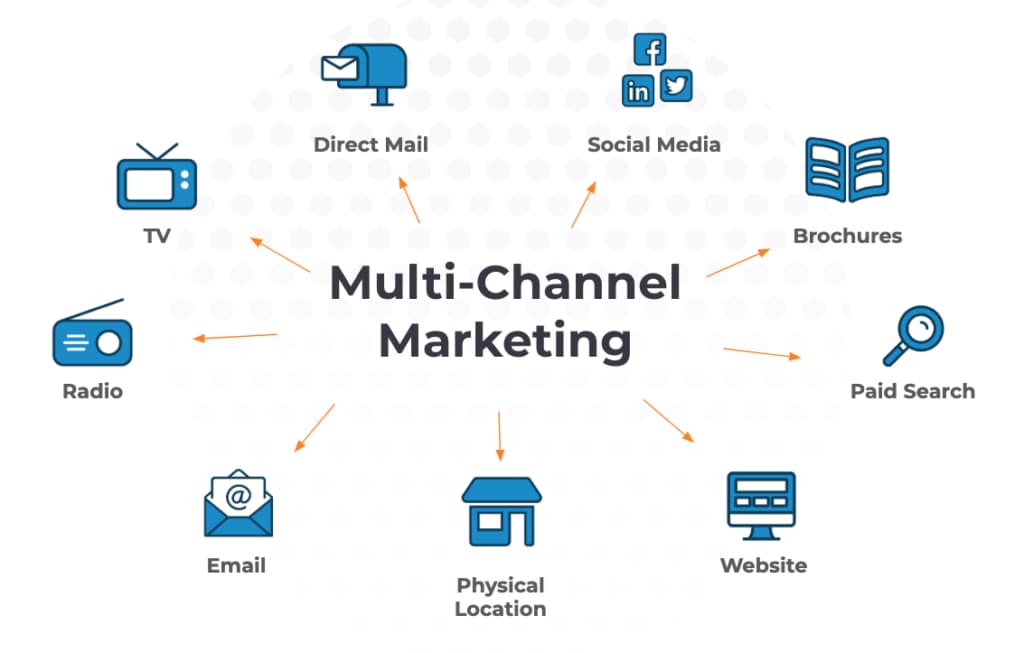Digital Marketing Strategy
A digital marketing strategy leverages audience research, targeted content, SEO, social media, and analytics to drive traffic, engagement, and conversions.
Build your Online Business Digital Idea More Leads with us.
Audience Targeting
Multi-channel Approach
Data-driven Optimization
Digital Marketing Strategy

Audience Targeting
Audience targeting involves identifying and understanding specific demographics, interests, behaviors, and needs of your ideal customers to tailor marketing strategies effectively.
- Audience targeting is crucial for digital marketing
- Segmentation: Divide the audience into groups based on demographics, interests, and behaviors.
- Personalization: Tailor content and messaging to meet the specific needs and preferences of each segment.
- Optimization: Continuously refine targeting strategies based on data analytics to improve engagement and conversion rates.
Multi-channel Approach
A multi-channel approach in digital marketing involves using multiple platforms and channels to reach and engage with your audience effectively.
- Digital Marketing Strategy
- Diverse Platforms: Utilize a combination of channels such as social media, email, search engines, websites, and mobile apps.
- Consistent Messaging: Ensure brand consistency across all channels while adapting content to fit each platform’s unique characteristics.
- Integrated Strategy: Coordinate efforts across channels to create a seamless customer experience and maximize overall marketing impact.


Data-driven Optimization
Data-driven optimization in digital marketing involves using analytics and insights to continuously improve marketing strategies and campaign performance. Here are more details
- Performance Tracking: Monitor key metrics (e.g., traffic, conversions, ROI) using tools like Google Analytics, social media insights, and CRM systems.
- A/B Testing: Conduct experiments on different campaign elements (e.g., headlines, images, CTAs) to determine what resonates best with your audience.
- Iterative Improvement: Regularly analyze data to identify trends and areas for enhancement, making informed adjustments to optimize results and achieve marketing goals.

